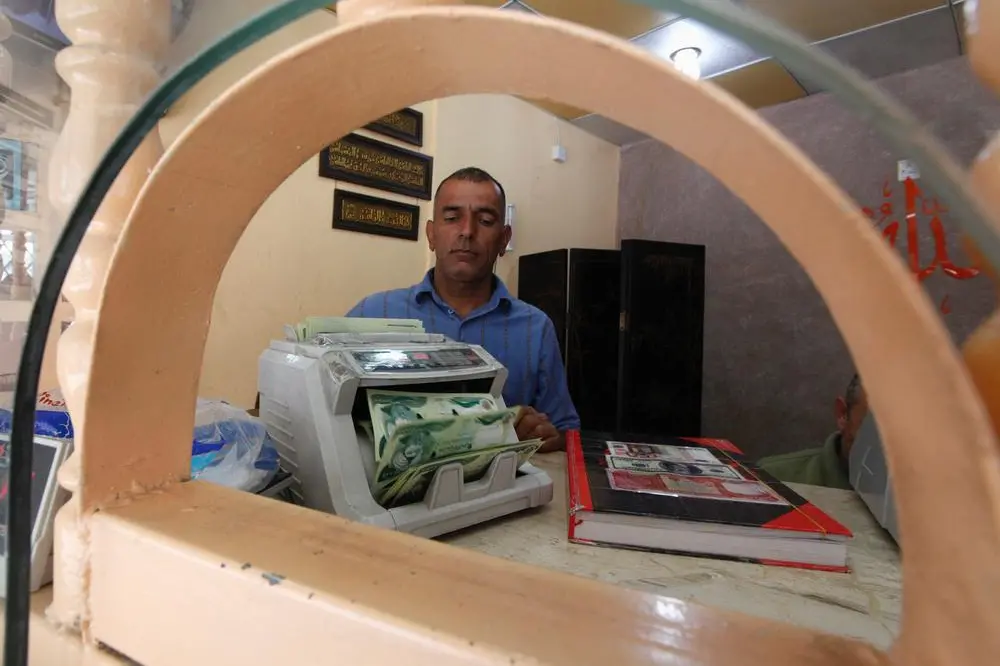PHOTO
Iraq's budget deficit has risen to around 12% of GDP, said a central bank official.
The Iraqi government is planning to issue a total of USD 11 billion in domestic and international bonds in the next two months to cover the state budget deficit, the acting central bank governor said.
Ali Al-Allaq told TR Zawya that the government would issue around USD 5 billion in domestic bonds next month and around USD 6 billion in international bonds by the middle of August. He said the government has started talks with potential investors in Turkey for the five-year international bonds.
"The domestic bonds will be repaid to the public in one year after deducting a specific rate that is close in value to the interest rate," said Al-Allaq, without elaborating on interest rates.
The central bank also plans to repurchase government bonds as parts of wider efforts to provide financial liquidity, maintain price stability and support the economy, Al Allaq said. He said the state has allocated IQD 1 trillion over the next five years to support small and medium enterprises.
The sharp drop in crude prices has hit the revenues of the oil producing country. Spending in the current budget stands at around IQD 125 trillion, and the deficit has risen to 12% of gross domestic product, the official said.
Iraqi's Finance Minister Hoshyar Zebari previously told Reuters that the government has started discussions with Citibank and Deutsche Bank for the international bonds issue, but declined to say what maturity and interest rates were being negotiated.
He said the ministry was looking at various methods to fund the budget deficit, including borrowing from state banks and converting some Iraqi bank assets held with the central bank into bonds.
The Economist Intelligence Unit (EIU) said in a June report that despite rising crude production, weaker oil prices would result in an annual average fiscal deficit of 6.9% of GDP in 2015-16, but it expected public finances to return to surplus in 2018.
The Iraqi government has reached an agreement with the International Monetary Fund for a USD 833-million loan program to help Iraq cope with the drop in oil prices as it increases spending on security to combat the threat of the Islamic State militant group, which now controls about one-third of the country.
Al-Allaq said that inflation in the country remains at less than 2% and that the net flow of U.S. dollars into the central bank has also not been affected, he added.
"At the daily auction of the central bank, we sell about USD 150 million, which is more than the USD 75 million [prescribed] in the budget law," said the central bank official. "Foreign reserves currently stand at USD 68 billion, while the dinar monetary supply is IQD 40 trillion."
The central bank has maintained the Iraqi dinar peg to the U.S. dollar through daily currency auctions.
The EIU said that the market rate of the dinar would continue to drift above the central bank auction rate so long as the size of the auctions is restricted. "The CBI could also come under pressure to weaken the dinar to help to ease the fiscal deficit," the report said.
© Zawya 2015





















